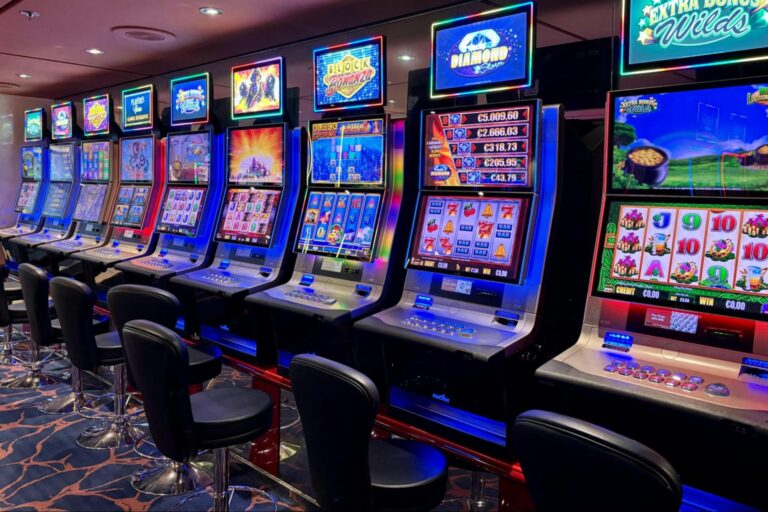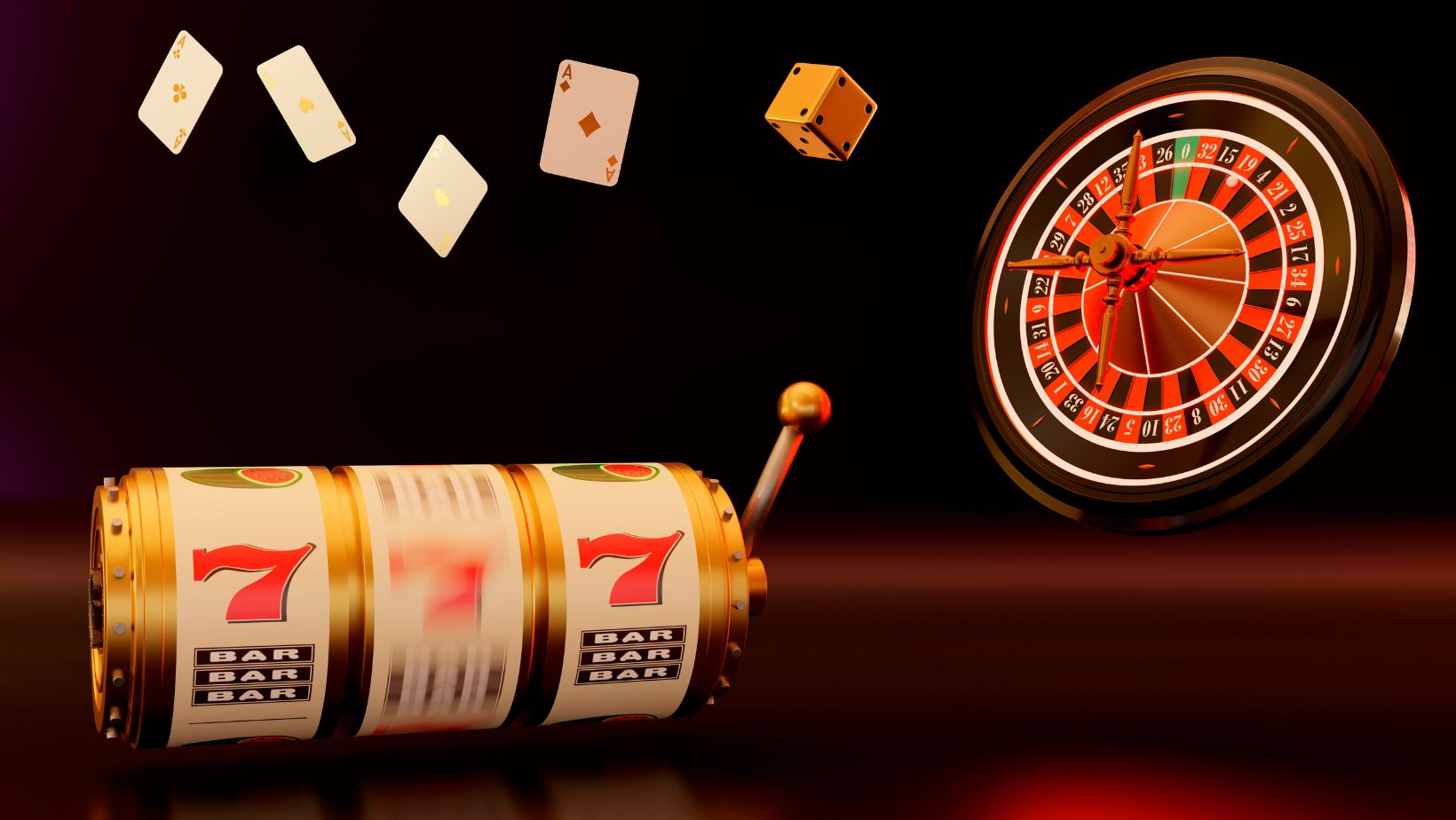Whether you’re spinning the reels at a casino or playing online, there’s always a chance you’ll either win or lose, and that’s the nature of gambling. Slot games are no exception. They’re among the most popular forms of gambling in both physical and digital casinos. Their simple gameplay, quick pace, and the appeal of big wins make them incredibly attractive to millions of players worldwide.
But behind the bright lights and exciting animations is a system of odds and probabilities that determines every outcome. Understanding how these odds work can help lift the curtain on the game and maybe even lead to smarter, more mindful play.
What Are Slot Game Odds?
At the most basic level, the odds of a slot game refer to the likelihood that a player will win a certain amount or lose at any given spin. These odds are determined by mathematical formulas, primarily rooted in probability-controlled Random Number Generators (RNGs).
Unlike card games like blackjack or poker, some games on online casinos, such as fast slots or crash games, don’t rely on player strategy. Each spin is independent of the last, meaning previous outcomes don’t affect future ones. The randomness and fixed probabilities baked into the game design are what make slots unique. Despite the randomness of many current slot machines, they do come with bonus rounds, free spins, instant rewards, and progressive jackpots, making gameplay more exciting.
Random Number Generators (RNGs): The Engine Behind The Reels
Every slot machine, whether online or in a casino, operates using a Random Number Generator (RNG). This is a computer chip or program that generates thousands of numbers every second, even when the machine isn’t in use. Each number is tied to a potential result on the reels.
When you hit the “spin” button, the RNG locks in the most recent number it generated and converts it into a reel outcome. This means your win or loss is decided the moment you initiate the spin, not by your skill or timing.
Because the RNG runs continuously, predicting or influencing the result is nearly impossible. The randomness is what guarantees fairness, but it also makes winning feel more elusive compared to games where the player has some control.
Understanding RTP: Return to Player
Another key concept when discussing slot odds is the Return to Player, or RTP. This percentage shows how much of the money wagered on a slot is returned to players over time. For instance, a slot with an RTP of 90% means that, on average, for every $100 wagered, the machine will return $96 to players and keep $4 as profit.
It’s important to understand that RTP is a long-term statistical average. You might hit a $200 win on your first spin or lose $100 in a row without any payouts. The 96% RTP doesn’t mean you’ll get back 96% of what you wager; rather, it reflects how the payout balances out over thousands or millions of spins.
High RTP slots tend to be more favorable for players, but they don’t guarantee a profit. They simply mean your bankroll may last longer.
House Edge: The Casino’s Built-In Advantage
Closely related to RTP is the concept of the house edge. This is the mathematical advantage that the casino has over the player in the long run. It’s essentially the opposite of the RTP. If a slot has an RTP of 96%, the house edge is 4%.
The house edge ensures that, over time, the casino makes a profit from every game. While short-term wins are possible and even frequent, every spin contributes to the casino’s bottom line in the long run.
Some slot games have a higher house edge than others. Understanding this can help players choose games that offer better long-term value, especially if they prefer extended gameplay over chasing a massive jackpot.
Volatility: Risk vs Reward
Slot games vary not only in theme and design but also in volatility, also known as variance. This term describes how frequently and how much a slot pays out. There are three main types:
- Low volatility: Frequent but smaller wins, which is ideal for players who prefer steady gameplay.
- Medium volatility: This is a balance between the frequency and size of payouts.
- High volatility: These are rare but large wins. These slots can eat your bankroll quickly, but the potential rewards are higher.
Understanding volatility is crucial if you want to manage your risk and choose a game that aligns with your playing style. For example, if you’re playing on a tight budget, a low-volatility slot will allow for longer sessions without massive swings in winnings or losses.
Paylines and Symbols: How Combinations Affect Outcomes
Each slot machine game has a specific number of lines where winning combinations can be formed on the reels. Traditional slots might have just one pay line, while modern video slots can have dozens or even hundreds of ways to win.
The symbols on the reels are also part of the odds equation. Different symbols have different values, and their frequency affects how often they appear in winning combinations. For example, high-paying symbols usually appear less frequently than lower-paying ones, which balances out the risk and reward structure of the game.
Some slots use a “ways to win” system instead of pay lines, where matching symbols on adjacent tools result in a win, regardless of the exact position. This often increases the chances of a win but usually balances out with similar payouts.
Betting Strategy and Its (Limited) Impact
Unlike games like poker or blackjack, there’s no optimal strategy that will beat a slot machine. However, players can still apply some smart principles to make their experience more enjoyable and potentially stretch their budget.

For example:
- Set a budget: Decide how much you’re willing to use before playing to ensure responsible play.
- Choose games with high RTP: While not a guarantee, they offer better value over time.
- Understand the paytable: Know what combinations and features can trigger wins.
- Adjust bet size based on volatility: Lower bets on high-volatility games to sustain gameplay, and higher bets for lower-volatility games if you want to maximize smaller wins.
While these won’t change the odds, they help players stay in control which is important in any form of gambling.





